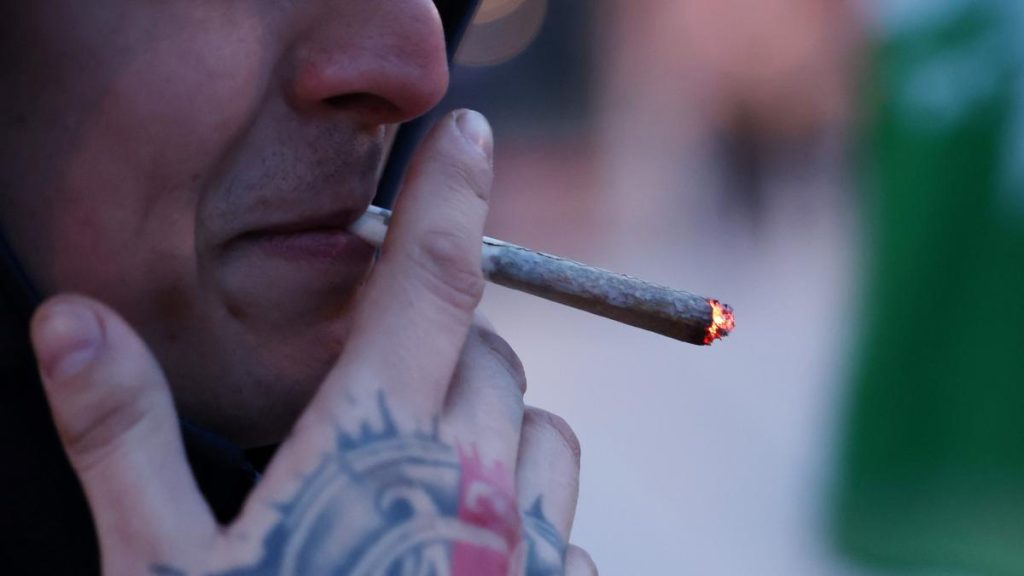Over a month has passed since the cannabis law allowing the partial legalization of consumption came into effect. Adults are now allowed to possess certain amounts of the drug, grow and consume it in their own homes. However, the new regulations are not without restrictions. In public, individuals can carry up to 25 grams of cannabis, while at home, a maximum of 50 grams is allowed, as well as the cultivation of up to three hemp plants. Although smoking in public is generally permitted, it is prohibited near children and teenagers, pedestrian zones, schools, daycares, or playgrounds. While many celebrate the new drug freedom, the law reform has significant consequences for prosecutors and courts: thousands of cases must be reviewed or retried because offenses that are no longer punishable under current laws, such as possession of cannabis in quantities that were once illegal. This includes cases with court decisions that have not yet been enforced. Moreover, a “cannabis amnesty” is in effect, requiring all cases against individuals imprisoned for past cannabis offenses to be reassessed. Since the new law came into effect on April 1st, at least 125 people nationwide have been released from prison as a result of this amnesty.
Criticism of the new cannabis law had already been raised by the Bund Deutscher Kriminalbeamter and the Deutscher Richterbund prior to its implementation. Sven Rebehn, the Federal Managing Director of the Richterbund, had expressed concerns about the law, stating that there would be over 100,000 cases needing review in the event of retroactive punishment for cannabis offenses. Now, there is a new legal concern looming for prosecutors and courts: consumers who obtain cannabis from the black market could be charged with money laundering. The Director of the Trier Institute for Money Laundering and Corruption Criminal Law, Mohamad El-Ghazi, explained in a guest article that the legislature intended to decriminalize the acquisition of cannabis but overlooked the wide-reaching money laundering offense. According to El-Ghazi, the current law on money laundering is broad and applies to any object obtained from a criminal act, potentially resulting in a five-year prison sentence for individuals obtaining legal cannabis from illegal sources.
The issue arises when the dealer obtained the drugs illegally, making the cannabis “money-laundered.” A dealer must have acquired the drugs through previous illegal activities to be able to supply consumers, which can lead to legal consequences for the consumer. However, individuals who sell drugs compliant with the law, such as legally growing cannabis, are not at risk of money laundering charges. The legal purchase and consumption by customers in such cases would also be permissible. The judicial outcome of this legal dilemma remains uncertain, with the Director of the money laundering institute advocating for an exclusion of consumers who intend to use cannabis for personal consumption from the money laundering offense.
The practical implications of addressing this legal issue remain unclear, as the parliamentary adjustments to the cannabis law are still pending. The legislation is set to be amended by Federal Health Minister Karl Lauterbach, with new changes expected to come into effect on July 1st. The amendments aim to address several issues, including youth protection, and the establishment of cannabis clubs, known as cultivation associations, which will be permitted from July 1st. The initial goal of the law changes was to relieve law enforcement agencies, but the potential increase in money laundering cases threatens to undermine this effort. The ongoing debate surrounding the cannabis law and its legal implications highlights the complex challenges accompanying the partial legalization of cannabis in Germany.


